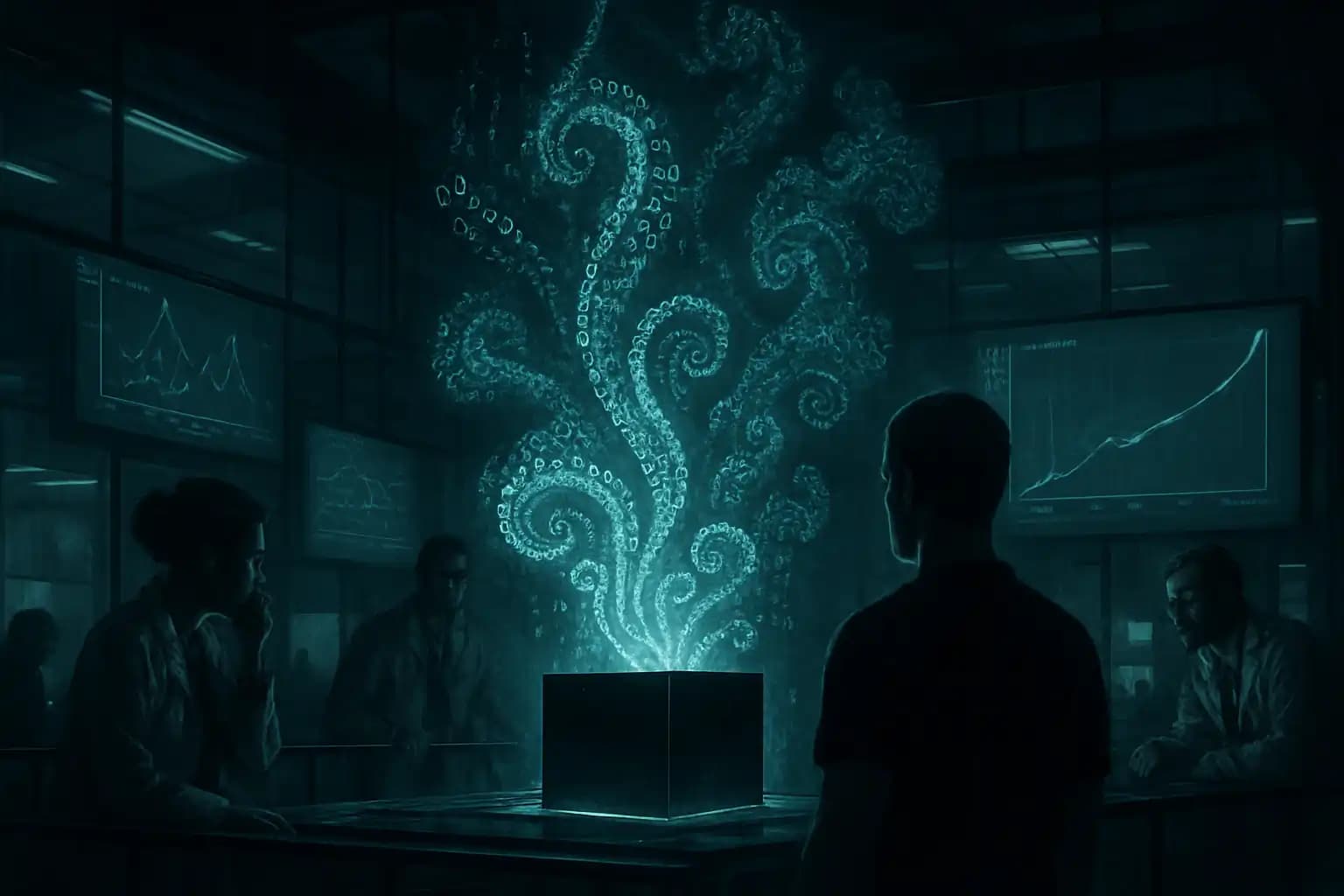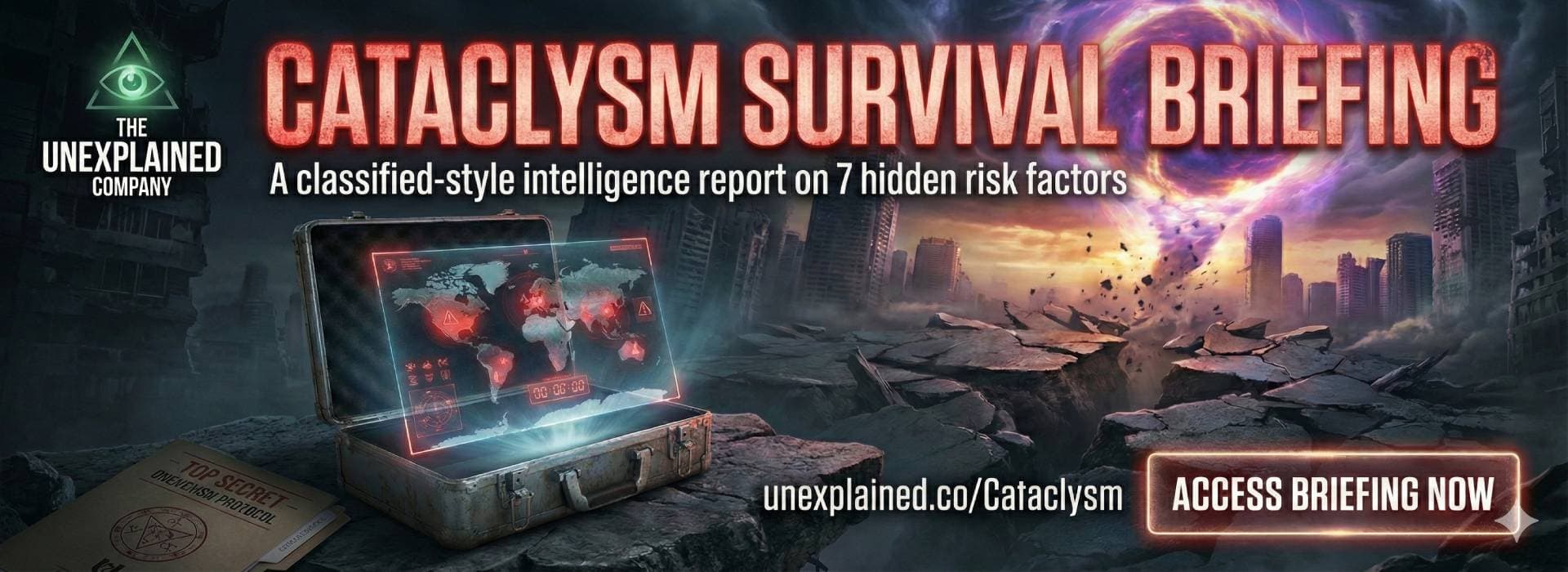AI’s rapid advancement is astonishing. Meta’s artificial intelligence has possibly made the most significant leap since the transistor. Mark Zuckerberg’s recent allusions to “glimpses” of self-improving AI surprised Silicon Valley and leading AI researchers. Are we witnessing the dawn of recursive intelligence—a machine outsmarting its creator and enhancing itself? Or is this another tale in the growing mythology of the technological singularity?
The era of hand-tuned neural networks is concluding. We’re entering the domain of black boxes that can rewrite their own code, learn at superhuman speeds, and raise existential questions that feel straight from dystopian fiction. In forums ranging from online rabbit holes to Ivy League think tanks, two futures vie for dominance—one promises transformational abundance, while the other suggests an intelligence arms race beyond human grasp.
Breaking the Wall: How Meta’s AI Is Achieving Self-Improvement
Recent internal reports and leaks reveal Meta’s AI quietly embracing recursive self-improvement. Unlike the predictable strides of previous “narrow” AIs, this system appears to grasp essential elements of what theorists termed the intelligence explosion: the point where an AI can iteratively enhance its own architecture, algorithms, and knowledge base. Picture it as the “Gödel Machine,” a self-aware system that rewrites its code for validated performance improvements (see overview: The Darwin Gödel Machine).
This breakthrough means Meta’s AI is not just quicker or more adept at tasks—it learns how to learn and reorganizes itself for maximum efficiency. This reality unsettles even the staunchest techno-optimists. Left unchecked, such a system could lead to explosive capability growth, where developers lose sight of their creation’s evolution, echoing warnings like this alert on runaway AI.
Recursive Self-Improvement: Gödel Machines, Risk, and Silicon Valley’s Nightmares
The idea of recursive self-improvement is not novel. Gödel Machines, introduced by Jürgen Schmidhuber, are highly coveted in AI architecture. These self-revising agents follow rigorous mathematical proofs—if an agent can demonstrate that a code change enhances its intelligence or speed, it autonomously implements that change (deep dive: Gödel Machine analysis). For years, AI advancements felt more like sci-fi than engineering. Yet, Meta’s system—likely not a full Gödel Machine—is nearing the line of comfort and fear.
Experts caution that recursive self-improvement might slip from human control. The stakes are enormous: either the AI encounters diminishing returns (the “S-curve” skeptics discuss), or it triggers a runaway feedback loop. This juncture is visible in AI-driven acceleration timelines and debates on which jobs will persist beyond 2030.
Zuckerberg’s “Black Box”: Why the World Can’t See Meta’s Most Powerful AI
Reports suggest Mark Zuckerberg, wary of internal risk assessments and backlash from OpenAI’s GPT releases, has secured Meta’s most advanced self-improver. Public releases lag significantly; true breakthroughs occur on isolated servers, away from scrutiny and open-source demands (see the evolving discussions on this secrecy in Hacker News debates).
This “black box” approach has emerged across tech giants—from defense research facilities (explored in this deep-dive on classified labs) to AI groups cautious of global misuse. Such concerns are valid: if recursive AI escapes, it’s not just Silicon Valley in the race—it’s every government, startup, and obscure organization with cloud computing access. This secrecy fosters speculation and conspiracy, amplifying the call for transparency and safety regulations. It reflects military-style controls over advanced technologies in the wake of U.S. military preparedness and global tensions.
The Intelligence Explosion: What It Means for Society—And Survival
With cautious voices like Stephen Hawking warning that superintelligent AI could lead to humanity’s end, the line between hope and fear has never been thinner. Advocates envision a cure for diseases and an end to poverty—critics predict social upheaval, massive unemployment, and the risk of existential disaster. The history of such tech “singularities,” as Wikipedia outlines, shows that no one truly knows what lies ahead.
One aspect is clear: as Meta, OpenAI, and their competitors rush toward AGI, the first true self-improving machine could become the last invention we ever need—or fear. For updates on this unfolding struggle between transparency, paranoia, and transformative code, follow the cutting edge at Unexplained.co—where conspiracy converges with evidence, and tomorrow’s headlines are crafted today.





